(626) 539-3524
Services Provided
The following are services that we provide to individuals or entities:ACT for Chronic Pain
Explore a new perspective on chronic pain management through Acceptance and Commitment Therapy (ACT), addressing the mind, body, and spirit. Learn to coexist with pain through acceptance and mindfulness, and align actions with personal values for a meaningful life. ACT transforms the experience of chronic pain into a journey of purpose and adaptability.
Coaching
1-on-1 international virtual coaching.
- Family Systems
- Relationships
- Sports performance
MI Training
Colt Gordon provides Motivational Interviewing (MI) trainings to medical and behavioral health providers, clergy, teachers, administrators, social workers, law enforcement, community organizations, colleges and universities, managed care organizations, students, peer support, and more.
Therapy: Anxiety
Learn to accept your feelings, connect with your values, and take committed action towards a fulfilling life, despite anxiety. Our approach addresses not just the symptoms, but the underlying causes of your worries and fears. Thus, helping you create practical solutions.
Therapy: Depression
We understand the social stigmas that come with the label of being depressed and thus aim to help clients sort out their environmental, biological, and circumstantial factors while offering support and care through a very dark time in their lives.
Therapy: Panic Attacks
Therapy: Phobias
Phobias are intense and irrational fears that can significantly disrupt your daily life and limit your experiences. They often trigger a sense of panic and anxiety, leading to avoidance behaviors that can hold you back from fully engaging in the activities you enjoy.
Therapy: Trauma/PTSD
At Bydand Therapy, we understand that trauma deeply affects the mind, body, and spirit. We’re here to help you regain resilience, purpose, and fulfillment through a trauma-informed approach that combines Acceptance and Commitment Therapy (ACT), EMDR Therapy, Internal Family Systems (IFS) or Parts Work, and classic Exposure Therapy. Our comprehensive approach allows us to tailor therapy to your unique experience, so you can heal in a safe and supportive environment.
Modalities
Our practice specializes in the following modalities to meet our clients' needs:Acceptance & Commitment Therapy
This is BYDAND’s foundational lens. See Our Process. Navigating life’s adversities requires a profound sense of flexibility and a commitment to aligning actions with values. Acceptance & Commitment Therapy (ACT) fosters psychological flexibility, helping individuals embrace life’s challenges with a more adaptable and open mindset.
Bowen Family Systems
Bowen Family Systems Therapy, or BFST, is an innovative approach to family therapy that focuses on the family unit as an emotional system. Developed by Dr. Murray Bowen, this therapeutic approach aims to nurture change and development within the family system, emphasizing the interconnectedness of family members and helping them navigate their relationships more healthily.
Cognitive Behavioral Therapy
CBT is grounded in the belief that it is a person’s perception of events – rather than the events themselves – that determines how he or she will feel and act in response.
Dialectical Behavioral Therapy
DBT is a cognitive-behavioral approach imbued with the core dialectical philosophy that embraces balance and integration. It’s about synchronizing acceptance and change, cultivating the capacity to be present, tolerating distress with grace, managing and navigating emotions, and building enriching interpersonal connections.
EMDR
EMDR therapy is an integrative psychotherapy method that uses a technique called bilateral stimulation to repeatedly activate opposite sides of the brain.
Exposure Therapy
Fear often shadows our potential, inhibiting joy, exploration, and the fullness of life. Exposure Therapy emerges as a beacon of transformation, offering a pathway from the shadows of fear to the light of freedom and confidence.
Motivational Interviewing (MI)
“MI is a collaborative, goal-oriented style of communication with particular attention to the language of change. It is designed to strengthen personal motivation for and commitment to a specific goal by eliciting and exploring the person’s own reasons for change within an atmosphere of acceptance and compassion.” (Miller & Rollnick, 2013, p. 29)



